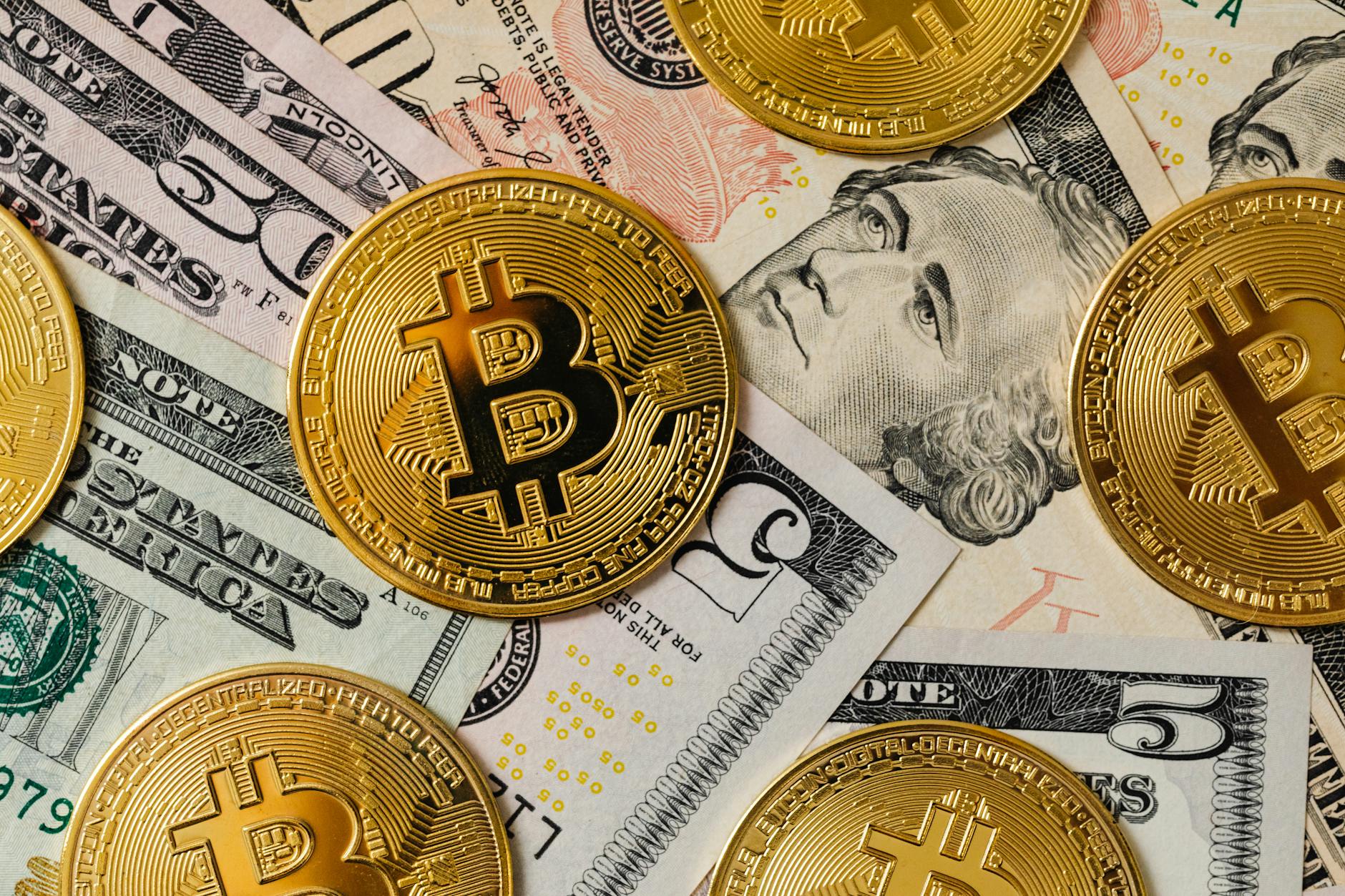Brazil's fresh imposition of Normative Ordinance No. 615/2024, steering the country's online gambling into a stringent, crypto-free zone, marks a significant pivot. Not simply content with regulating, Brazil is gunning for heightened financial transparency and traceability by cordoning off cryptocurrencies from its regulated gambling sector.
For those out of the loop, this ordinance catalyzed the shutdown of cryptocurrency as a payment medium in Brazil’s newly minted legal iGaming market. Operators must now revert to traditional electronic transfers, ostensibly to tighten surveillance over financial flows and curb the black market's vitality. This is a classic example of a government leveraging regulation to extend its control over economic activities, particularly ones as notoriously murky as online gambling.
Before this regulatory clout, crypto had carved a niche in the Brazilian betting landscape, mainly through offshore sites that facilitated P2P bypass of local financial checks. The digital savviness of the Brazilian populace, combined with the absence of a regulated framework pre-Law No 14,790, set the stage for crypto's ascent in the gambling realm. Despite this, the tangible size of crypto transactions in the betting sector remained modest. As Ed Birkin from H2 Gambling Capital pointed out in our podcast Right to the Source, crypto constituted a mere 0.7% of all gambling transactions in Brazil.
The ramifications of Brazil’s ordinance are twofold. On one front, it streamlines the government's oversight capabilities by disallowing a payment method that, while traceable, does not offer the same level of regulatory control as fiat transactions. On another, however, it raises the specter of pushing bettors towards unregulated offshore platforms once again, seeking the anonymity that crypto venues offer.
Consider the broader tactics in play. The Brazilian government’s aggressive push against crypto in betting isn’t an isolated skirmish but part of an overarching strategy to purify its financial ecosystem from illicit activities. By placing cryptocurrency transactions under the microscope and mandating traditional banking channels, Brazil aims to exert a tighter leash on money laundering and other related financial crimes that have often found a breeding ground in unregulated betting environments.
Yet, this stringent approach comes with its own set of challenges. Licensed operators must now double down on localizing their services and enhancing KYC protocols to align with the new regulations. This shuffle not just alters operational dynamics but also puts a spotlight on compliance frameworks, a move that might tighten the noose around illegal operations but could simultaneously stifle the innovative use of crypto in legitimate betting environments.
Does this signal a global shift in crypto gambling policies? Unlikely, in the immediate term. As pointed by Birkin, the global market for crypto gambling towers at around $3.5 billion - a figure starkly lower than previously exaggerated. Thus, while Brazil's move might set a precedent for other nations grappling with similar issues, a wholesale global adoption seems far off. Countries exploring similar paths will have to weigh the balance between innovation and regulation, a delicate dance that Brazil has now choreographed rather rigidly.
For operators and players alike, the new regulation diversifies the operation and strategy landscapes significantly. For some, it will necessitate a pivot to more traditional forms of online betting; for others, especially operators leveraging platforms like Radom's iGaming sector solutions, it might mean reassessing the integration of cryptocurrency within their business models.
Ultimately, Brazil's regulatory revamp is a clarion call to the online gambling sector globally. It underscores not just the potential of regulatory overreach or protection but also plants a seed of caution about the volatile interplay between emerging tech and traditional regulatory frameworks. As the dust settles, the efficacy of Brazil's gamble on banning crypto will hinge on its ability to enforce these rules without undercutting the growth of its digital economy.



